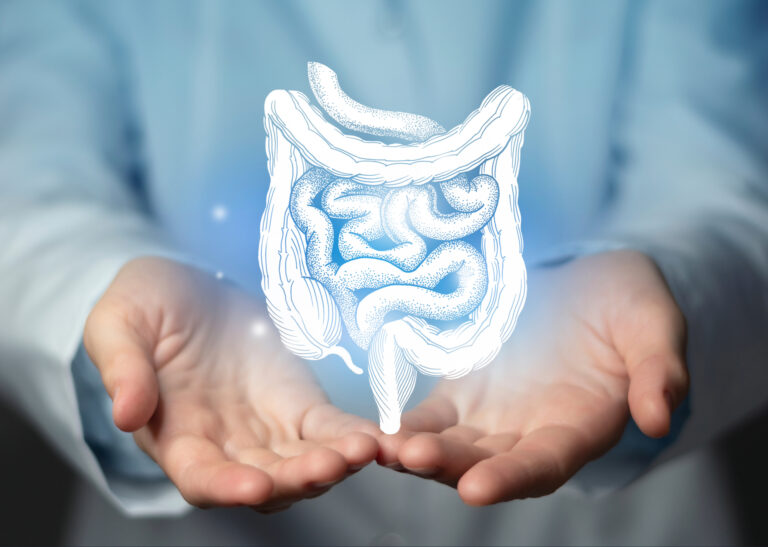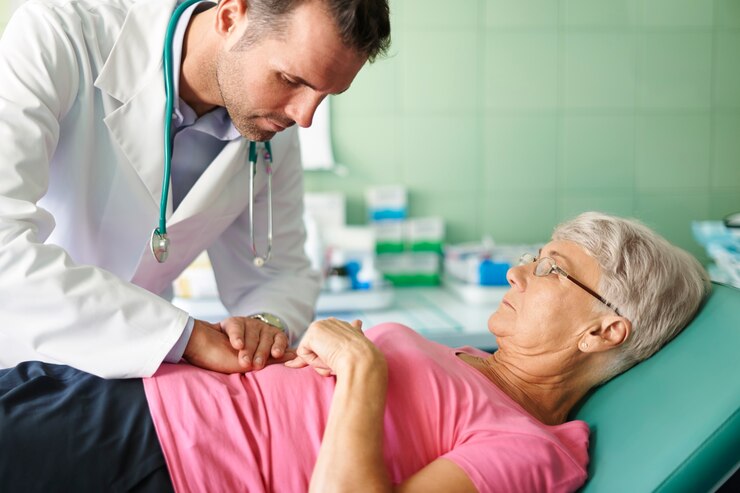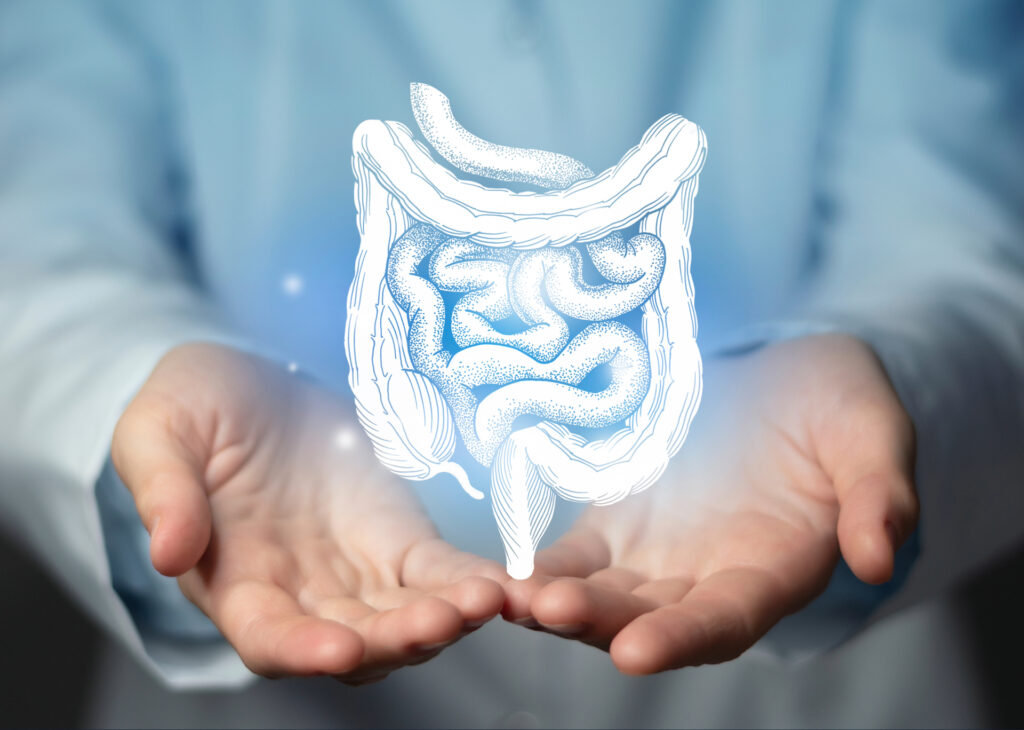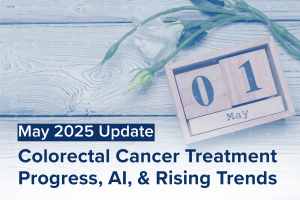Colorectal cancer (CRC), also known as bowel cancer, is a type of cancer that arises from the colon or rectum (the latter part of the large intestine). It’s a concerning yet treatable form of cancer, especially when detected in its early stages. This article sheds light on colorectal cancer, exploring its causes, symptoms, preventive measures, and available exams for early detection.
What is Colorectal Cancer?
Colorectal cancer develops when abnormal growths (polyps) form on the inner lining of the colon or rectum. These polyps can be benign (noncancerous) or malignant (cancerous). If left untreated, some benign polyps have the potential to turn cancerous over time.
Risk Factors for Colorectal Cancer:
Certain factors can increase your risk of developing colorectal cancer. These include:
- Age: The risk of CRC increases significantly as you age, with most cases diagnosed in people over 45.
- Family history: Having a close relative (parent, sibling, or child) with CRC increases your risk.
- Personal history of inflammatory bowel disease (IBD): Ulcerative colitis or Crohn’s disease, if present for long periods, can increase the risk of CRC.
- Lifestyle factors: A diet high in red meat, processed foods, and low in fiber, coupled with a lack of physical activity, can contribute to an increased risk.
- Genetic syndromes: Certain inherited genetic conditions like Lynch syndrome can significantly elevate the risk of CRC.
Symptoms of Colorectal Cancer:
Early CRC might not cause any noticeable symptoms. However, as the cancer progresses, you might experience some of the following:
- A change in bowel habits: This could include diarrhea, constipation, or a narrower stool than usual.
- Rectal bleeding: Bright red blood in your stool or blood coating the stool.
- Unexplained abdominal pain or cramping: This can be persistent or come and go.
- **Feeling like you haven’t completely emptied your bowels (incomplete evacuation) **
- Weight loss without trying
- Fatigue
- Iron deficiency anemia (due to chronic blood loss)
Importance of Early Detection:
Early detection is crucial for successful CRC treatment. When caught early, CRC is highly treatable. If you experience any of the above symptoms, particularly those that persist or worsen, consult your doctor to discuss potential causes and necessary tests.
Preventive Measures for Colorectal Cancer:
While there’s no guaranteed way to prevent CRC completely, there are steps you can take to reduce your risk:
- Maintain a healthy lifestyle: Eat a balanced diet rich in fruits, vegetables, and whole grains. Limit red meat and processed foods. Engage in regular physical activity.
- Manage weight: Obesity is a risk factor for CRC.
- Smoking cessation: Smoking increases the risk of various cancers, including CRC. Quitting smoking is one of the most important steps you can take to improve your overall health.
- Regular screening: Starting at age 45 (or earlier if you have an increased risk), schedule regular screenings for CRC. Talk to your doctor about the best screening option for you, such as colonoscopy, FIT testing, or Cologuard.
Exams and Tests for Colorectal Cancer Detection:
Several tests can be used to screen for or diagnose colorectal cancer. The most appropriate test for you will depend on your age, risk factors, and overall health. Here are some common options:
- Colonoscopy: This is the gold standard for CRC screening. It allows doctors to directly visualize the inner lining of the colon and rectum using a long, flexible tube with a camera attached. During a colonoscopy, polyps can be removed if detected.
- Fecal Immunochemical Test (FIT): This non-invasive test analyzes a stool sample for hidden blood, which can be an early sign of CRC.
- Cologuard DNA Test: This at-home test analyzes a stool sample for DNA markers and hidden blood, potentially indicating an increased risk of CRC.
- Barium Enema X-ray: This imaging test uses X-rays to visualize the colon and rectum after they are inflated with air or barium, a contrast material.
Conclusion:
Colorectal cancer is a serious condition, but with awareness, risk reduction strategies, and regular screening, it can be effectively managed. If you have any concerns about your risk of CRC or experience any persistent symptoms, talk to your doctor. Early detection is key to successful treatment and a better prognosis.











